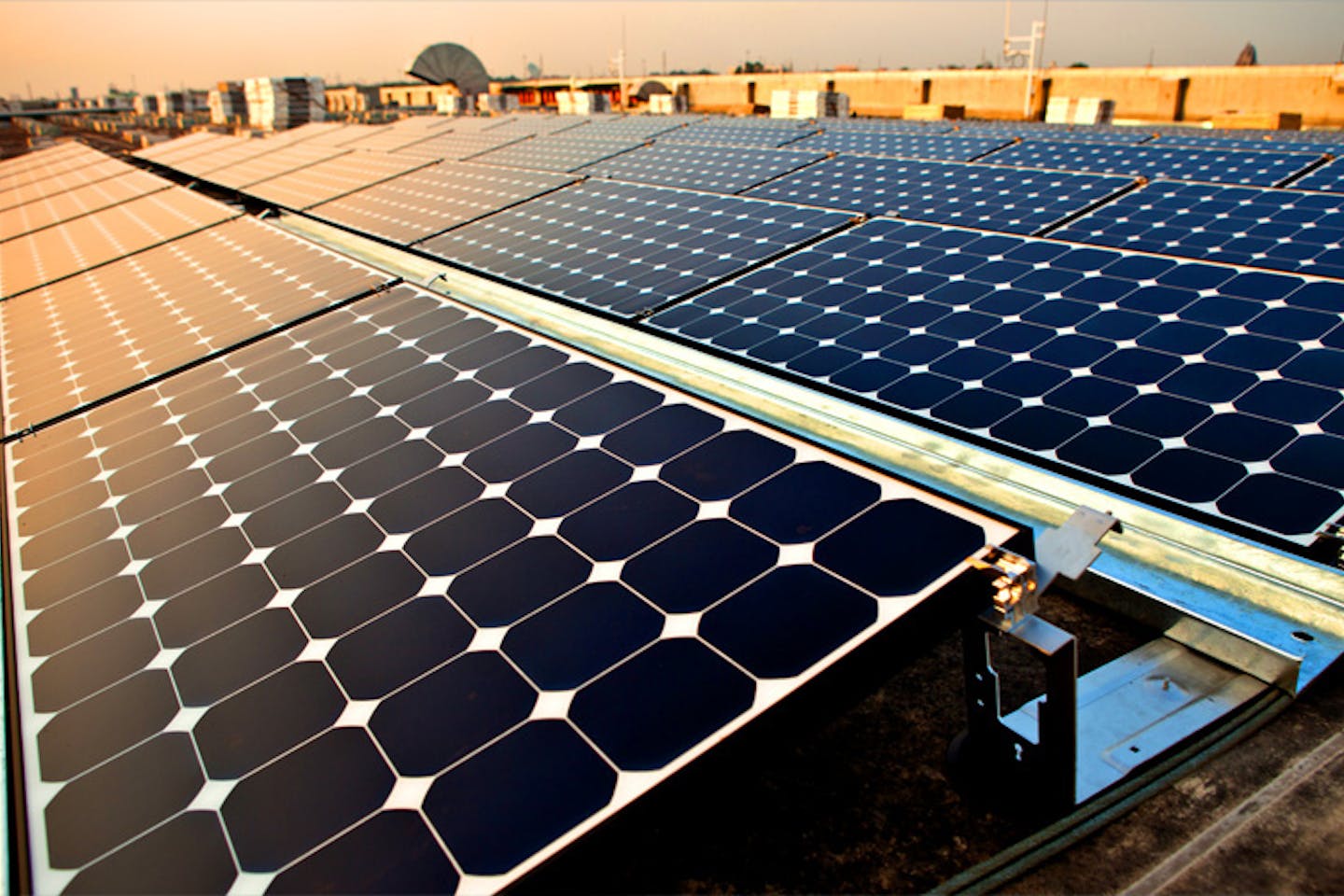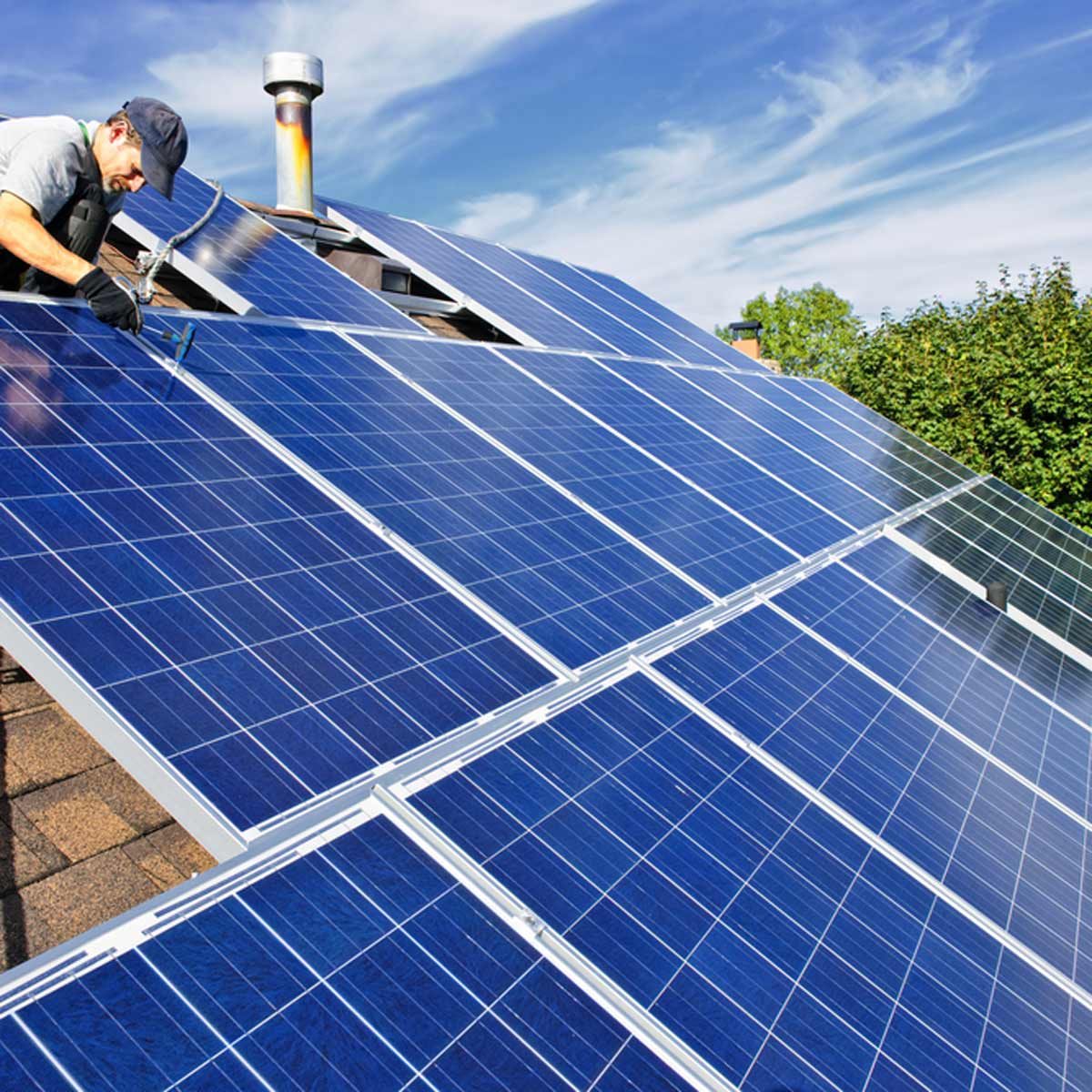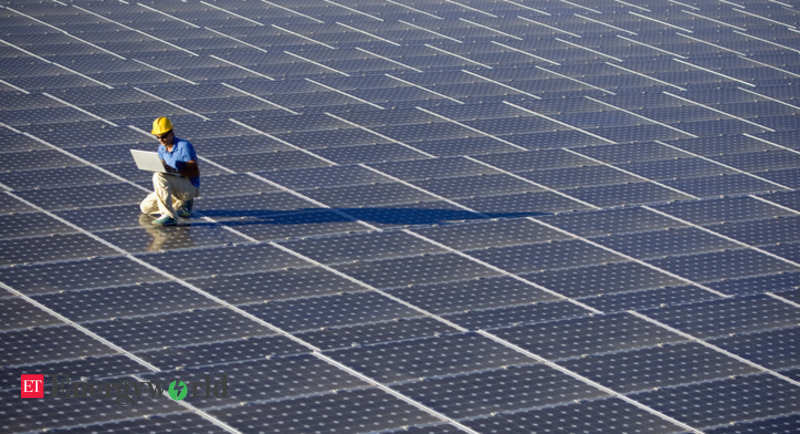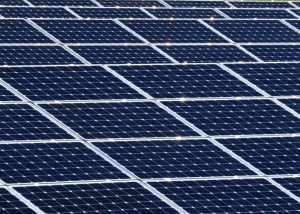The sun provides a tremendous resource for generating clean and sustainable electricity without toxic pollution or global warming emissions.
Hpow does the solar panel process pollutre stuff.
They re more than just.
This zeitgeist is reflected in solar panel sales.
Additionally to produce solar panels manufacturers need to handle toxic chemicals.
Environmental scientists and solar industry leaders are raising the red flag about used solar panels which contain toxic heavy metals and are considered hazardous waste.
The solar cells that you see on calculators and satellites are also called photovoltaic pv cells which as the name implies photo meaning light and voltaic meaning electricity convert sunlight directly into electricity.
The clean energy produced by solar panels quickly compensates for the energy required to manufacture them.
Although solar energy is a clean alternative to fossil fuels making the panels themselves can have a negative environmental impact.
Solar panels are subsidized to an enormous extent as are solar farms be they public or private.
These solar highways or solar roadways consist of individual solar panels with three layers.
Workers install solar panels in california.
The average lifespan of a solar panel is about 20 years but high temperatures as in the mojave desert can accelerate the aging process for solar cells and snow dust and other natural events tornadoes earthquakes can cause material fatigue on the surface and in the internal electric circuits gradually reducing the panel s power.
Simply put a solar panel works by allowing photons or particles of light to knock electrons free from atoms generating a flow of electricity.
However solar panels are not emitting toxins into the atmosphere as they re generating electricity.
With recycling expensive.
Combined with other positive environmental impacts such as reductions in water usage consumers can rest assured that solar panels have a substantial positive effect on the environment.
A top layer of high strength textured glass that provides traction for vehicles an array of solar cells beneath that for gathering energy and a base plate that distributes the collected power according to solar roadways.
A module is a group of cells connected electrically and packaged into a frame more commonly known as a solar panel which can then be grouped into larger solar.
The potential environmental impacts associated with solar power land use and habitat loss water use and the use of hazardous materials in manufacturing can vary greatly depending on the technology which includes two broad categories.


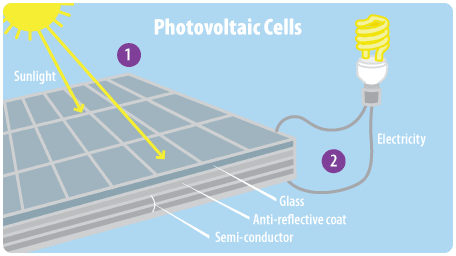
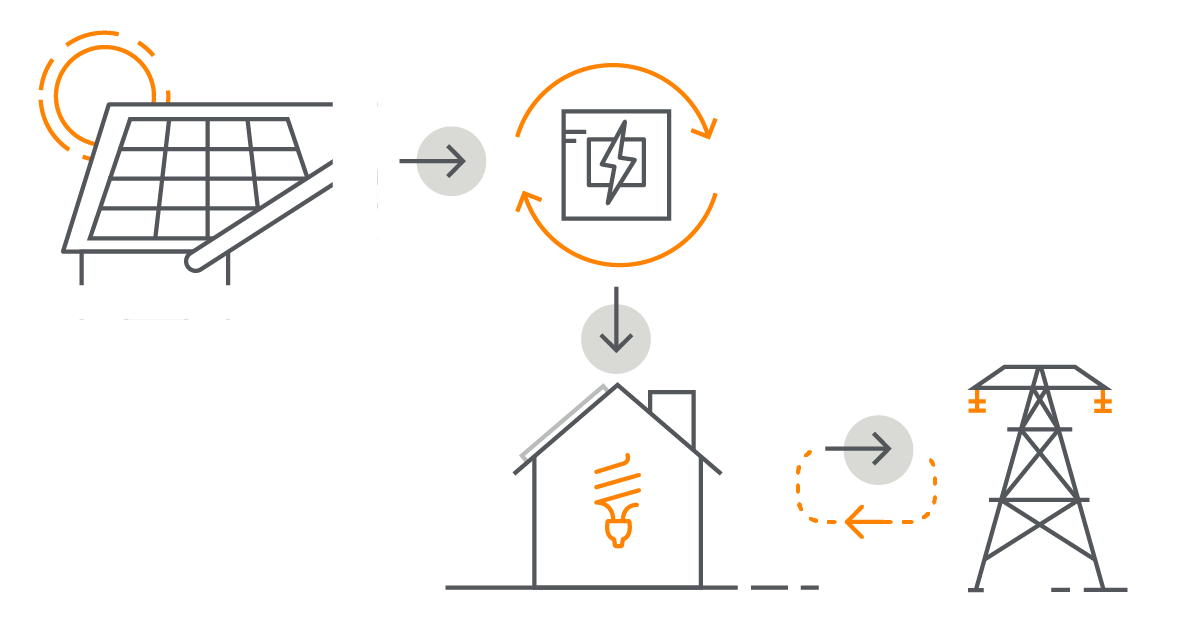

/Solarpanels-3156a12e053e49c88e4d7f53254fb8a8.jpg)
